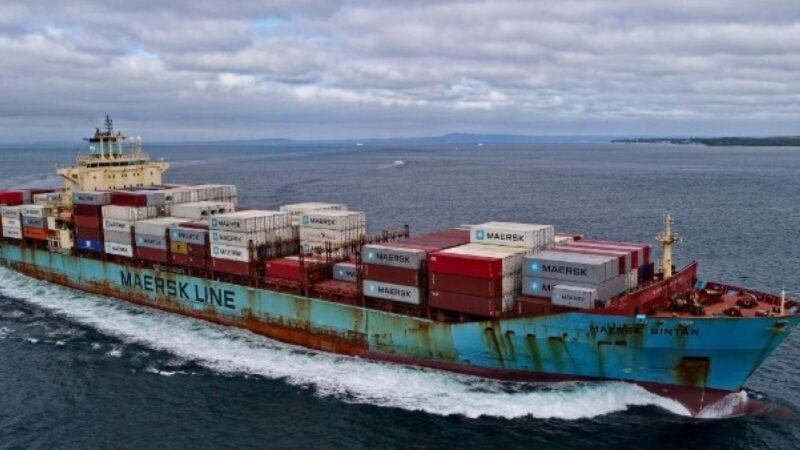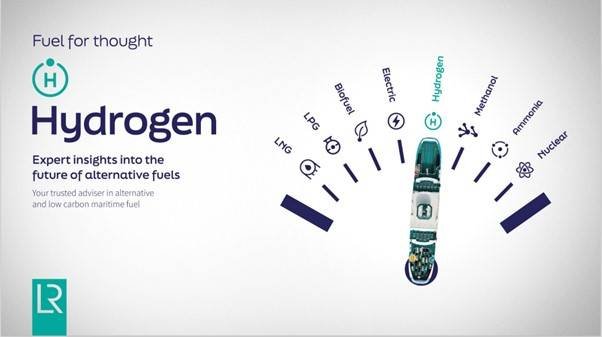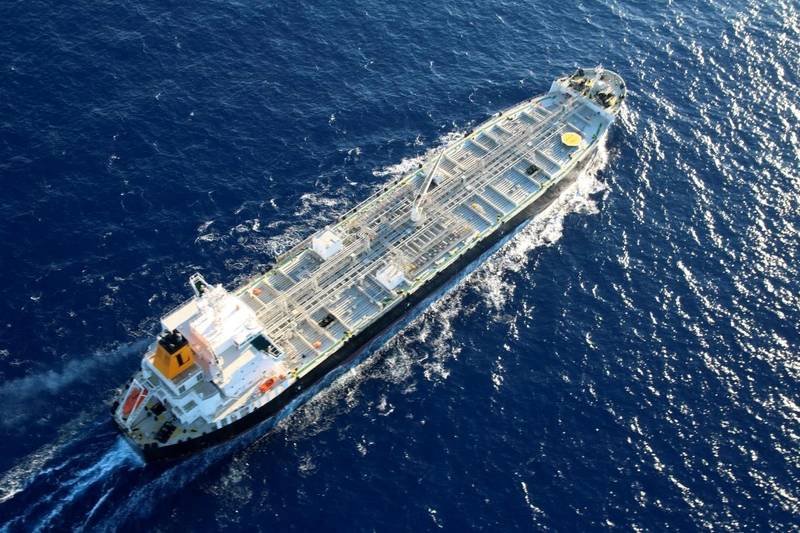Lloyd’s Register (LR) has enhanced its Fatigue Design Assessment (FDA) methodology, reflecting updated global trading patterns for containerships and gas carriers. This revision follows an in-depth analysis of Automatic Identification System (AIS) data from the past 11 years, marking the first significant update in over a decade.
The new FDA capabilities show promising outcomes for vessel operators, with predictions indicating a fatigue life increase of 10–15% for containerships and up to 10% for gas carriers. These improvements result from incorporating routing factors derived from AIS data, allowing for more accurate structural assessments that align with current vessel operations rather than outdated historical assumptions.
LR’s updated methodology aids in precise fatigue life calculations, enabling better decision-making regarding vessel design, maintenance, and operational strategies. Additionally, LR has refined its containership classification system to better segment fleets, now including ultra-large container vessels (ULCVs) with capacities of 14,501 TEUs or more, alongside revised categories for various vessel sizes.
“This comprehensive update represents a major step forward in evaluating structural integrity,” stated Nick Gross, global containerships segment director at LR. He emphasized that the analysis revealed significant changes in ship operations, particularly in route optimization, leading to improved fatigue life predictions for shipowners.
Share it now


















